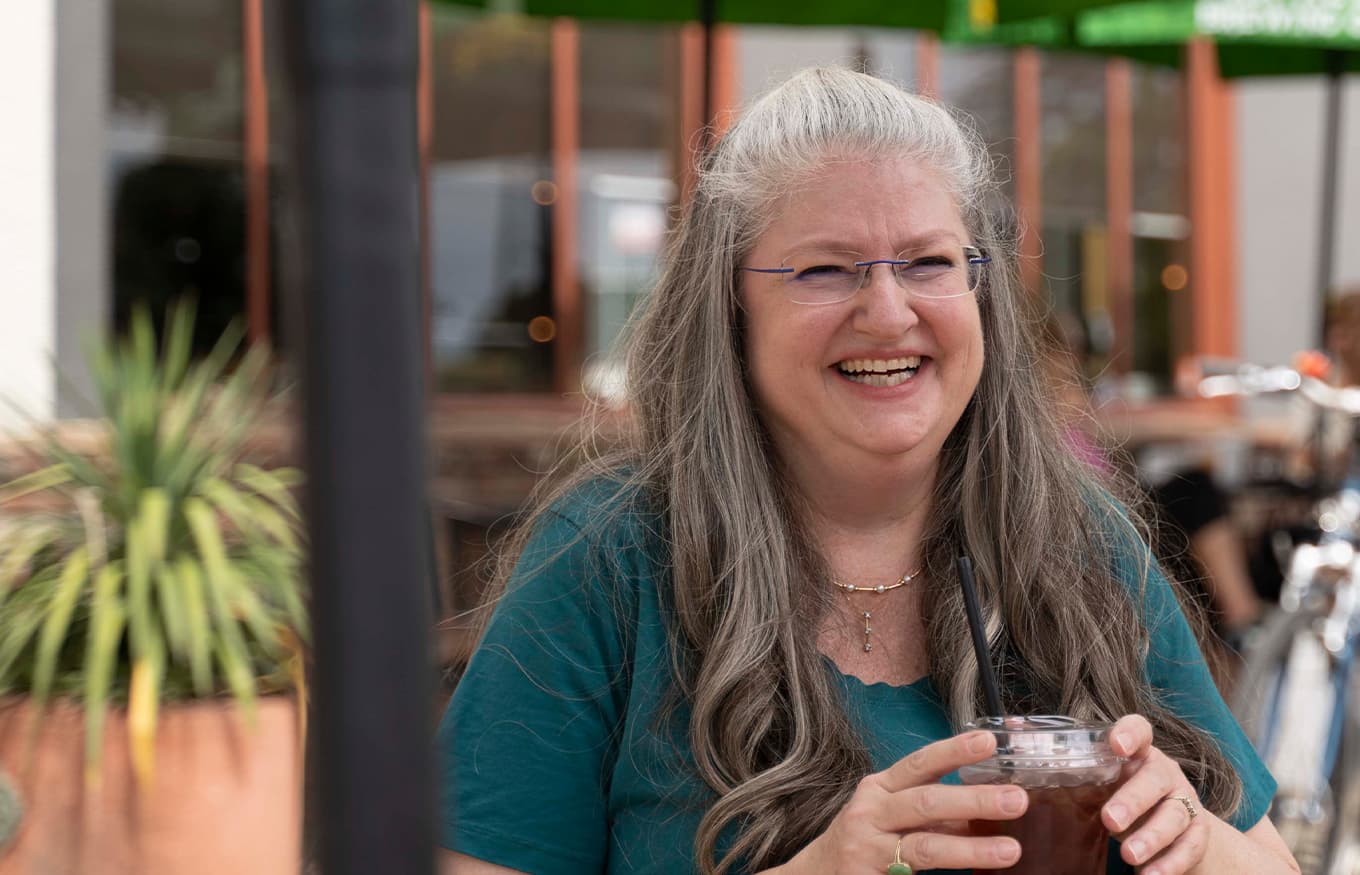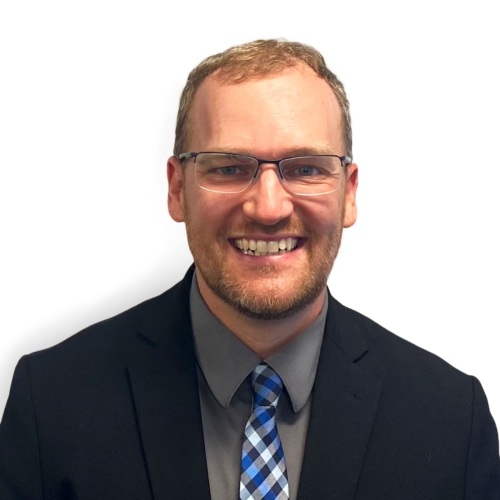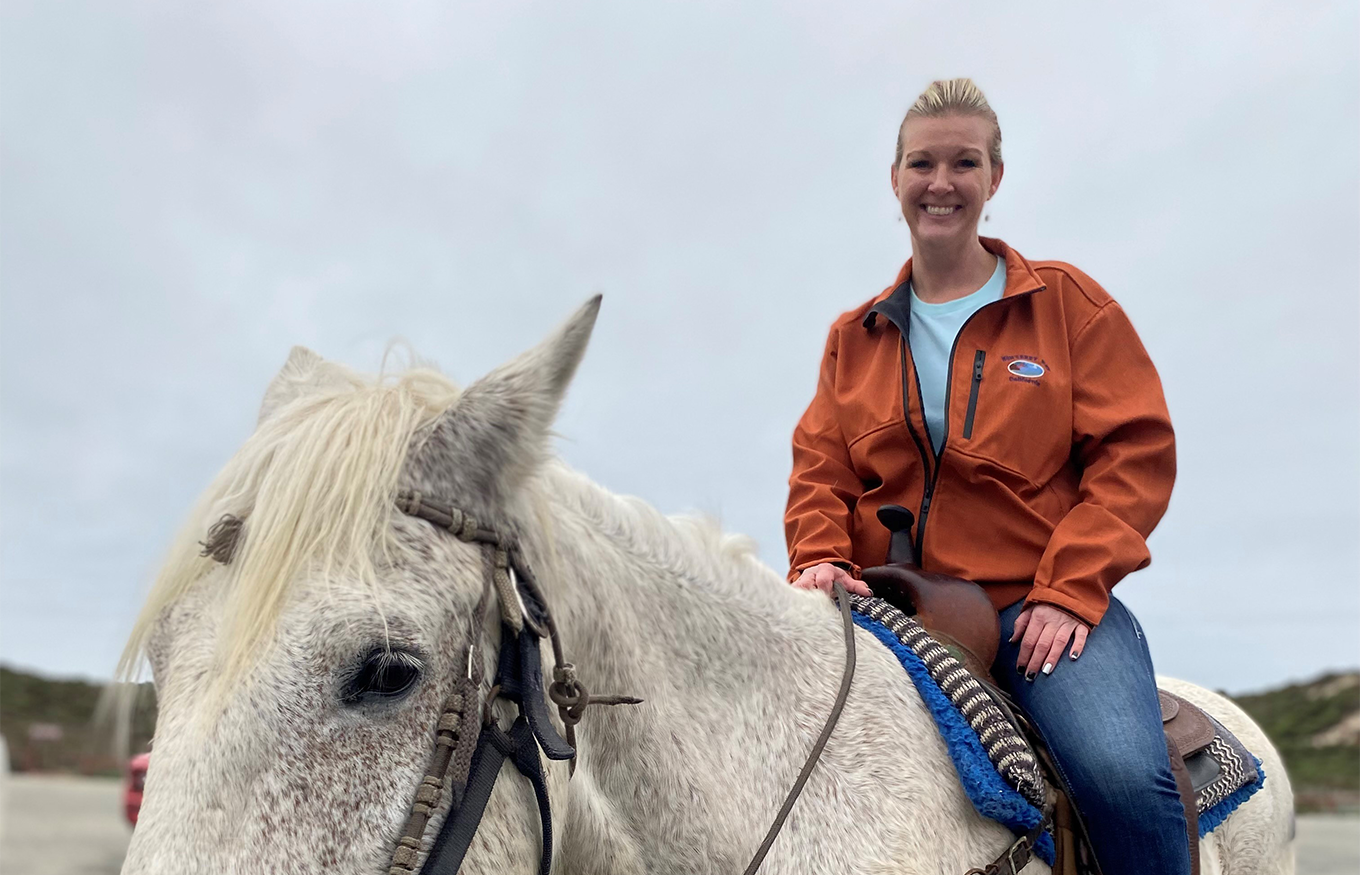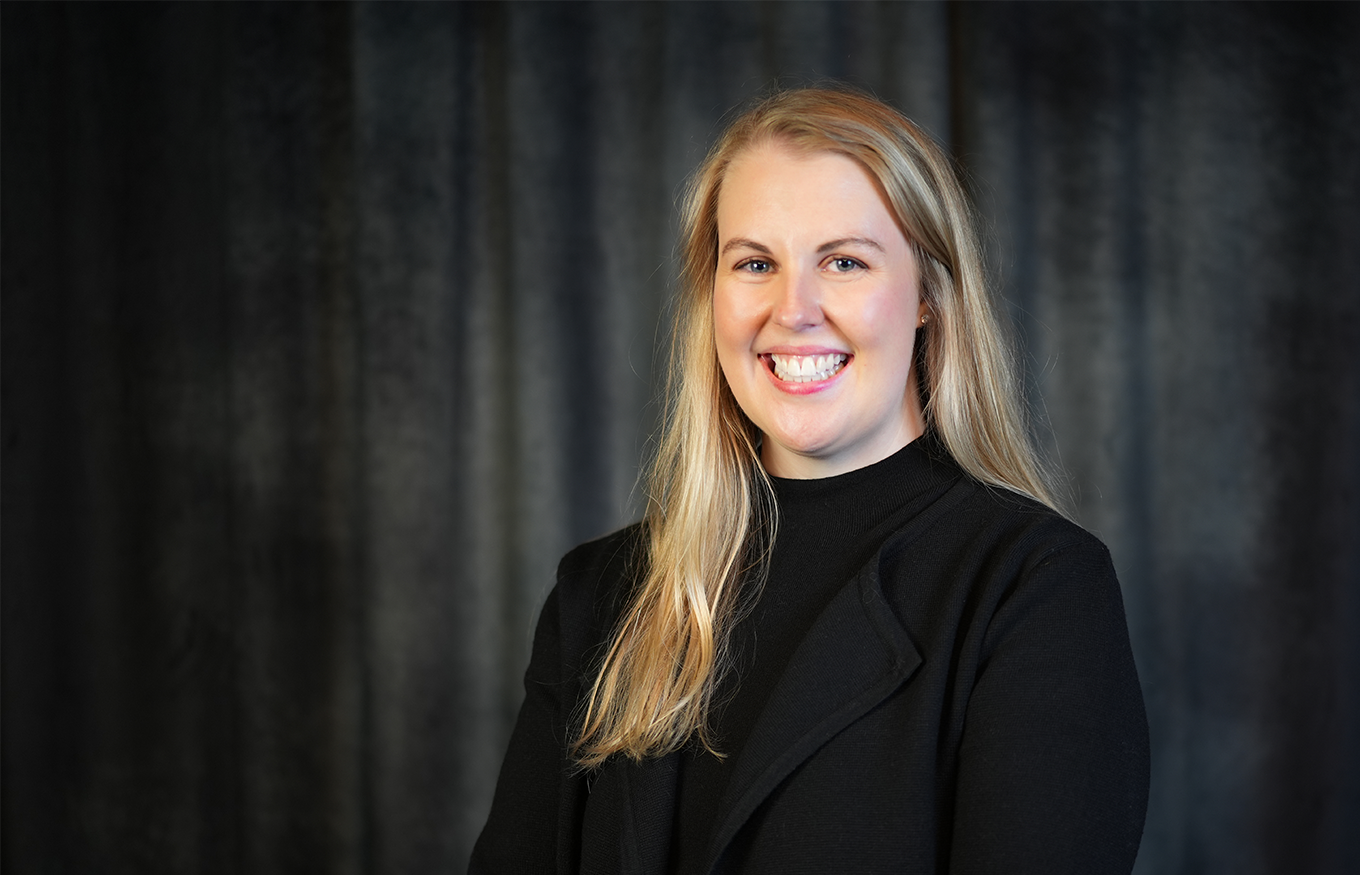Editor’s note: More than 10,000 officials across the country run U.S. elections. This interview is part of a series highlighting the election heroes who are the faces of democracy.
Since 2004, Cathy Darling Allen, a registered Democrat, has served as the county clerk and registrar of voters in Shasta County in northern California. She resides in Redding, the county seat of this 3,800 square mile, conservative-leaning county known for its array of outdoor recreational opportunities, including access to the Sacramento River, Shasta Lake, and Cascade mountain range.
Shasta County recently made national headlines because its board of supervisors voted to cancel its contract with Dominion Voting Systems, the company that Fox News recently agreed to pay $787.5 million to settle a defamation lawsuit after the media organization spread lies about Dominion following the 2020 election.
Instead of using machines from Dominion or any other vendor to count ballots, Shasta County’s board of supervisors voted to implement a manual hand count instead, which many — including Darling Allen — worry will be more expensive, more time-intensive, less efficient, less secure, and potentially less accurate than using electronic tabulators.
During her time as Shasta County’s clerk, Darling Allen has also served as the president of the California Association of Clerks and Election Officials and as the board chair of the California Voter Foundation. She is a mother of five who enjoys knitting, crocheting, and spending time with her family. Since 2022, she has been part of Issue One’s Faces of Democracy project advocating for protections for election workers and for regular, predictable, and sufficient federal funding of elections.
This interview has been edited for length and clarity.
Issue One: How did you end up in this profession?
Cathy Darling Allen: I wanted to do work that was meaningful and that contributed to my community. I come from a tradition of public service in my family. My father worked for the government for most of his career. My mom was a librarian in the community college system in Maryland. I always knew I wanted to do something in public service.
I got a job working here in Redding, in Shasta County, for the welfare department, and I worked my way up in that department. Then a friend called me and said, “Hey, the assistant county clerk is retiring. That might be a really great place for you.”
It just felt like a natural fit when I started here at the election department. The assistant county clerk who had worked here for decades said you’ll never be bored. Things change almost every election, and she was right. I have not been bored!
Issue One: Shasta County has been in the news recently for the decision of the board of supervisors to cancel its contract with Dominion Voting Systems and then voting to move forward with hand counting ballots instead of using machines to count votes. Why do you think this is so problematic?
Cathy Darling Allen: There are a couple of reasons. The first is cost. And then, of course, there are all the issues regarding accuracy.
We use hand counting at scale across the United States to verify election returns and audit mechanical election processes, and it works really well for that — in small batches. But humans are not great at doing repetitive tasks over and over for long periods of time. Machines are. So I do have some concerns about this process as we move forward. We’re working really hard now to make sure we’re going to set up procedures that will give accurate election results to Shasta County voters.
Issue One: You’ve warned that if the board of supervisors opts for a full manual tally, it should be prepared to provide a minimum of $1.6 million and approximately 1,300 staff to implement this plan. How feasible is that for Shasta County to do?
Cathy Darling Allen: Well, we will see as we move forward, right? This is kind of a large experiment. We still have a lot of work to do on the staffing piece. We are working diligently with the supervisors and other department heads to make sure that we have processes in place to handle recruiting. We’re also working on facility issues because right now, the building we’re in is not large enough to accommodate anything like the operation we’re thinking about.
Issue One: What role do paper ballots and hand counting currently play in California elections?
Cathy Darling Allen: There’s a lot of conversation about bringing back paper ballots. In California, that’s a really disingenuous conversation. Every voter already votes on paper. We’ve had paper ballots in every voter’s hands since 2008, so we always have a paper record to go back to. There are a tremendous number of checks on both the front end and the back end.
Paper ballots provide us with the ability to check how electronic and mechanical devices count your ballot after the election. For example, in Shasta County in 2020, we were required to hand count 1% of the votes that were cast. But we actually hand counted over 10% of the ballots that were cast as part of our audit process. So there is already quite a lot of hand counting that happens in counties in California to verify how the electronic voting machines work.
Issue One: How many voters are on the rolls in your jurisdiction?
Cathy Darling Allen: We have about 111,000 registered voters here in Shasta County, and in November 2022, we had about 68,000 people vote. That doesn’t sound like an overwhelming number. But when you think about the number of ovals that each voter marked in 2022 in Shasta County’s general election, it’s 2.8 million. That’s the number of votes we would have had to have counted by hand for that election during the limited time in which we have to certify the election. It is a very complicated, heavy lift. I feel like we’re drinking from a fire hose that’s full of sand. It’s just a little bit overwhelming.
Issue One: What would you tell other jurisdictions around the country that are considering moving to a hand count?
Cathy Darling Allen: The high cost may be the thing that is overwhelming. For us, elections are primarily not paid for by federal dollars or state dollars. It’s nearly all local tax money. That’s the same money that goes to pay for law enforcement. So in a conservative county like ours that values first responders and values law and justice, it is going to be quite something for us to take money away from those folks and give it to this new elections process.
Issue One: A lot of people are surprised to learn that the federal government doesn’t routinely fund election administration. Why do you think the federal government should?
Cathy Darling Allen: We are subsidizing the federal government at the local level every election. If you look at ballot real estate, we have an enormous amount of real estate that will be taken up next year on locally printed, locally generated, locally paid for ballots. It is only right and fair that the feds should pay their fair share for the real estate that they take up on ballots.
Issue One: What’s the current typical price tag of elections in Shasta County?
Cathy Darling Allen: Upwards of a million dollars per election. It unfortunately gets more expensive almost every time we conduct another election. The supply chain issues through COVID certainly haven’t helped. Paper was in very short supply starting in 2020 and continuing through all of 2022 as well. The price tag, unfortunately, is not getting cheaper.
Issue One: A lot of jurisdictions have limited funds in their budgets that have to pay for elections as well as other things, including public safety or infrastructure projects. Have there been other county services or activities in Shasta County that have had to be reduced as the cost of elections have risen?
Cathy Darling Allen: That hasn’t happened yet, but I think part of that is because we have not really investigated the full cost of this change to hand counting all ballots.
The elections department will not be the only department that incurs costs as a result of this change. There also will be additional costs incurred by our personnel department — for example, onboarding all these folks. The payroll department within the auditor’s office will also have increased duties to process paychecks for these folks.
The board of supervisors is going to have to make some hard choices in order to accommodate this change. These increased costs that we’re talking about are not just a one-time implementation cost. There are also annual, every election costs that are going to be dramatically increased.
And one of the downstream effects that we’re quite concerned about is how this will affect our smaller school districts, fire districts, and water districts that consolidate their elections with the county. We conduct elections on their behalf, and we send them a bill. This will greatly increase the cost of the bills that we send out to those districts.
Issue One: How will those smaller entities pay for increased election costs?
Cathy Darling Allen: That’s a great question. I’m pretty sure you’re not going to talk to anybody who’s on the governing board of a fire district or school board that has lots of extra money to share around. It’s definitely something that I have personal concerns about as a taxpayer living and working here in Shasta County. I look forward to that conversation as we get more confirmed cost data that we can share with the community.
Issue One: What part of the election administration story in your area do you think isn’t told enough or isn’t widely understood enough?
Cathy Darling Allen: The majority of our voters support the work that we do and there haven’t been problems with election administration in Shasta County. Certainly no problems that would have indicated a shift in policy change like the one that we’ve seen over the last couple of months. It’s not the case that there were problem after problem after problem with election tabulars or election results. That just hasn’t happened.
Issue One: If you could speak to one common misconception about election administration, what would you want to clear up?
Cathy Darling Allen: I’d like to clear up the misconception that election administrators care about the results. We care about the process. We care about serving our voters. And we care about the public — but less about who it is that’s actually winning.
Folks on the outside don’t understand how complex and layered the election process is. There are a ton of checks and balances to make sure that everything is perfect. We have an unforgivable deadline, which is really uncommon in government work. I cannot call Sacramento and say, “You know, we’re going to do that election on Wednesday because we’re not ready.” That’s just not a thing.
We love what we do, but we’re not worried about who is winning. We’re worried about accurately reporting all of the election results and making sure that the voters’ voices are accurately reported.
Issue One: Outside of being passionate about running safe and secure elections, what are some of your hobbies or a fun fact that most people might not know about you?
Cathy Darling Allen: I love to do handwork. I sew. I knit. I crochet. It’s really hard for me to sit and watch TV, for example, without having something to do with my hands.
Issue One: What’s your favorite book or movie?
Cathy Darling Allen: I was an English major in college, and “Pride and Prejudice” is one of my favorite books. But I have had no time to read in the last five years or so. It’s been kind of a whirlwind.
Issue One: Which historical figure would you have most like to have had the opportunity to meet and why?
Cathy Darling Allen: Oh, my gosh. That’s a great question. Rosa Parks comes to mind as somebody who I would love to have had a conversation or coffee with. I think there are opportunities for all of us to make a difference.
Issue One: Is there anything else you would like to share to make sure that people understand about the election administration challenges right now?
Cathy Darling Allen: I would just encourage anybody who’s interested in serving their community to consider joining us. We need people to enter the field. We’re seeing a really large exodus of election officials leaving the field right now. We need new, young, energized folks who are interested in serving voters. If you have ever thought about working for the government, we would love to have any and all comers.
Note: This piece was cross-published with The Fulcrum.







